Yawning is something we all find ourselves doing at different times of the day and on different occasions. For some of us, it becomes a big problem especially when we need keep awake and alert so that we can accomplish important tasks.
Even parachutists are encouraged to yawn before dropping out of a plane in order to stimulate the arousal system to maintain vigilance. Cortisol (Fig 1), the naturally produced stress hormone, is now established as co-existent with the yawning reflex and with new research showing that those who yawn have higher levels of salivary cortisol than those who do not yawn (1).

Fig 1. Cortisol molecule
A curious problem is the temperature fluctuation and fatigue levels of people with multiple sclerosis (MS) who excessively yawn. With a view to establishing cortisol patterns within the hypothalamus-pituitary-adrenal axis, our natural stress feedback loop, centrally controlled deep within our brains, I am exploring how yawning might provide an important clue to diagnosis. Developing cortisol as a biomarker for early detection of neurological symptoms is the intended goal for research I am undertaking at Bournemouth University in collaboration with Université Paris X Ouest Nanterre La Défense, Hôpital Universitaire Amiens, Jules Verne Université de Picardie, Université Paris 8 St Denis, Université Paris 5 René Descartes, and the Clinical Research & Imaging Centre, University of Bristol.
It is hoped that people with MS may benefit with early treatment intervention that will be supported with professional care from the French and British MS Societies, Ligue Française contre la Sclérose en Plaques and the UK Multiple Sclerosis Society.
I was invited to discuss my research recently with Newstalk Irish National Radio broadcaster, Seán Moncrieff on the Moncrieff Show, 07 January 2015 (2). We feared that some listeners may in fact uncontrollably yawn but hopefully as a positive reaction to this intriguing subject!
References
1.
Thompson, S.B.N., Rose, K., Richer, S., 2014. Yawning with cortisol: examining the neuroscience behind the Thompson Cortisol Hypothesis for supporting rehabilitation of neurologically impaired individuals. Journal of Neuroscience & Rehabilitation, 1(1), 1-11, doi: 2014.01.01/2374-9091: SS0003
2.
Moncrieff Show, 07 Jan 2015:
http://www.newstalk.com/player/listen_back/8/15549/07th_January_2015_Moncrieff_Part_3






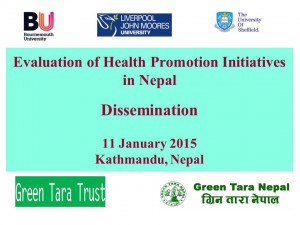
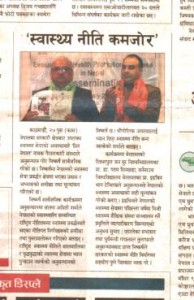



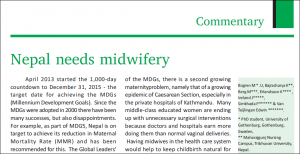

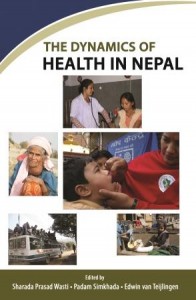
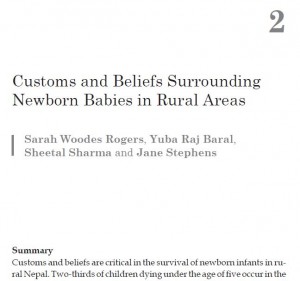













 New Seed Fund for Public Engagement with Research: Last Six Funding Opportunities Available
New Seed Fund for Public Engagement with Research: Last Six Funding Opportunities Available Congratulation on new interdisciplinary publication
Congratulation on new interdisciplinary publication BU professor speaking at Aberdeen Centre for Women’s Health Research (ACWHR)
BU professor speaking at Aberdeen Centre for Women’s Health Research (ACWHR) Reminder: Opportunity to get more involved in preparing Social Work and Social Policy REF 2029 submission – impact and engagement
Reminder: Opportunity to get more involved in preparing Social Work and Social Policy REF 2029 submission – impact and engagement New seed fund for public engagement with research: open for applications
New seed fund for public engagement with research: open for applications Horizon Europe News – December 2023
Horizon Europe News – December 2023